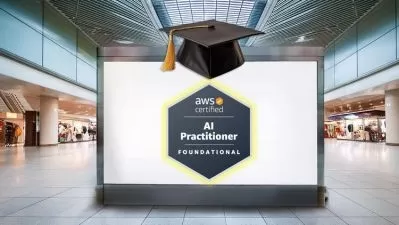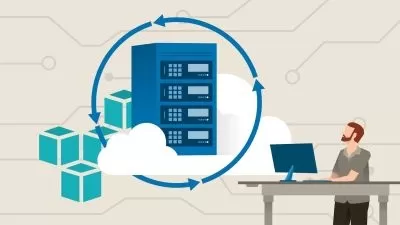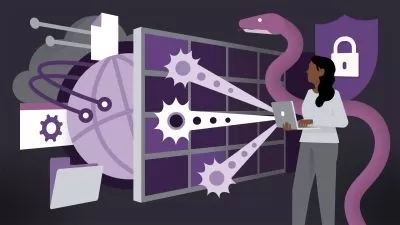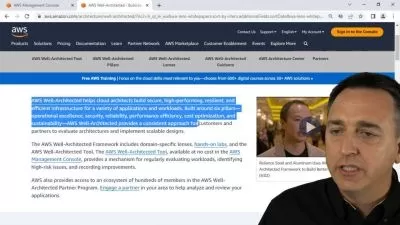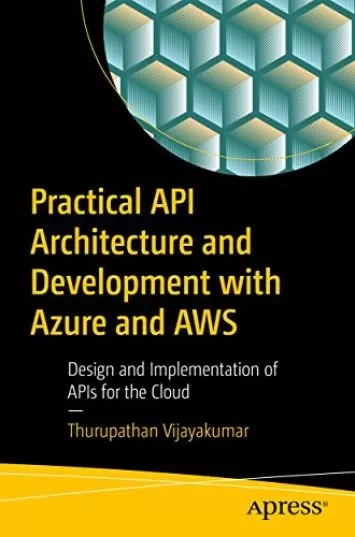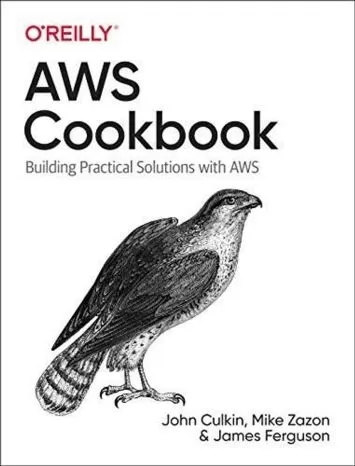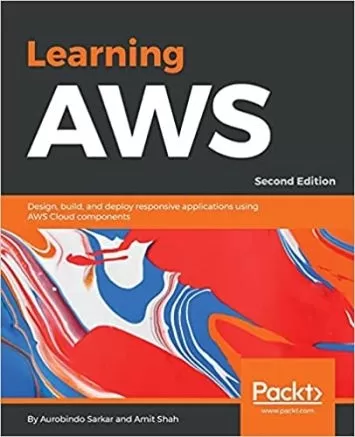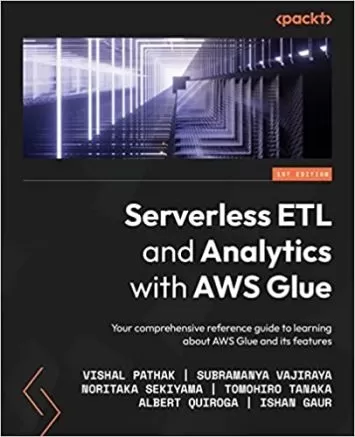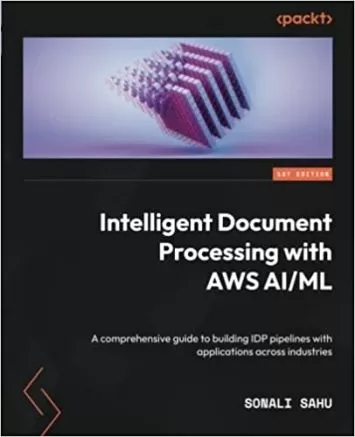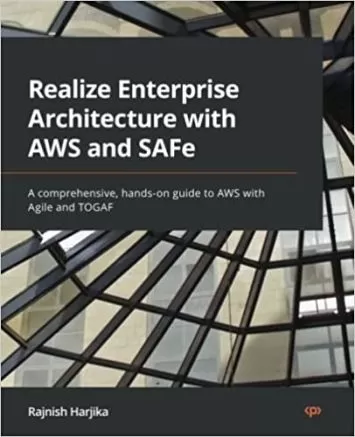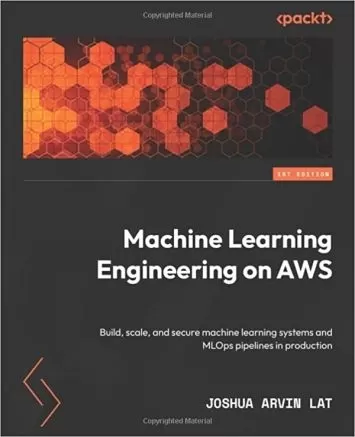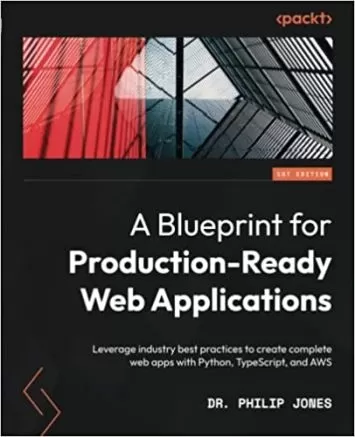About Amazon AWSLearn More
Amazon Web Services (AWS) is a cloud computing platform with more than 200 featured services. Whether or not you aim for certification, an AWS course offers the theory and practical skills you need to land a job in cloud development, sales, engineering, networking, and more. The better you become at cloud computing, the more you can earn. Anyone can learn AWS skills, and with AWS online training, you can move at your own pace.
Sort by:
Sorting
The newest
Most visited
Course time
Subtitle
Filtering
Courses
Subtitle

Udemy
 CRASH COURSE 101: Intro to AWS & AWS Amplify for Beginners
CRASH COURSE 101: Intro to AWS & AWS Amplify for Beginners
 CRASH COURSE 101: Intro to AWS & AWS Amplify for Beginners
CRASH COURSE 101: Intro to AWS & AWS Amplify for Beginners 3:06:09
English subtitles
03/02/2025
Subtitle
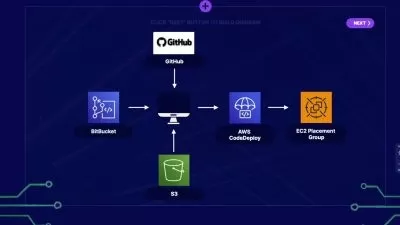
Acloud GuruAWS Certified DevOps Engineer Professional (DOP-C02)
26:07:44
English subtitles
03/01/2025
Subtitle
![Ultimate AWS Certified Security Specialty [NEW 2025] SCS-C02](https://traininghub.ir/image/course_pic/43483-x225.webp)
Udemy


Stephane Maarek | AWS Certified Cloud Practitioner,Solutions Architect,Developer
Ultimate AWS Certified Security Specialty [NEW 2025] SCS-C02 16:02:21
English subtitles
01/21/2025
Subtitle
![[NEW] Ultimate AWS Certified Cloud Practitioner CLF-C02 2025](https://traininghub.ir/image/course_pic/43482-x225.webp)
Udemy


Stephane Maarek | AWS Certified Cloud Practitioner,Solutions Architect,Developer
[NEW] Ultimate AWS Certified Cloud Practitioner CLF-C02 2025 10:07:19
English subtitles
01/21/2025
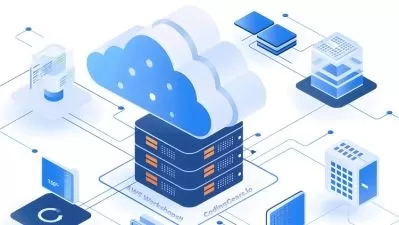
Udemy


Coding Gears | Train Your Brain
AWS Workshops - Hands-on Learning with Demos 3:00:32
01/05/2025
Books
Frequently asked questions about Amazon AWS
Amazon Web Services is a leading cloud platform that offers users over 200 comprehensive services from secure global data centers. Its creators engineered this cloud platform for high flexibility and security in the cloud computing environment. The core infrastructure meets the rigorous security requirements for global banks, the military, and other organizations needing maximum protection. The cloud security tools integrate 230 security compliance features to ensure data protection. Data encryption is available within all the AWS services. AWS offers a vast array of databases that are purpose-built, so users maximize efficiency and cost-effectiveness with the right tool to get the job done. Users benefit from innovative features like storage, databases, computing, machine learning, data analysis, artificial intelligence, and advanced connectivity with the Internet of Things.
Amazon Web Services has millions of active global customers from a wide variety of industries who are using this cloud platform to build, implement, and host applications. Some of those industries include banking, non-profit, media, manufacturing, and government. These customers range from individual entrepreneurs and startups to businesses of every size and all types of public sector organizations. However, the majority of their base customers are smaller to mid-size businesses. AWS offers the AWS Partner Network (APN) to technology systems integrators to utilize this cloud platform to create optimized cloud technology solutions for their customers. Independent software vendors (ISVs) have modified their technology solutions for compatibility on AWS. Amazon created AWS in 2006 and have continued to develop and expand their innovative cloud platform to meet the ever-expanding needs of their growing list of customers.
Coding skills are not required to work with Amazon Web Services. Users can easily perform most basic tasks without having any coding background. Most new users utilize the AWS UI to create their infrastructure rather than using coding tools. The UI approach is the most streamlined way to use AWS. However, for more professional uses, it is important to learn manual code configuration. If you want to excel in AWS, knowledge of Linux Scripting and Programming languages will improve the learning process. If you want to be an AWS developer, you need programming knowledge in varying languages. You must have experience in cloud computing, networking, and AWS Lambda, their serverless computing space. Cultivating specific technical skills will help you succeed as an AWS developer. You need to know about application lifecycle management, AWS services, AWS best practices, and understanding the process for creating, implementing, and debugging cloud-based applications.
You can gain six months of foundational AWS Cloud and industry knowledge when you get a certification as an AWS Certified Cloud Practitioner. Three associate certifications can give you one year of experience in resolving issues and integrating solutions using the AWS Cloud. These are AWS Certified Solutions Architect, AWS Certified Developer, and AWS Certified SysOps Administrator. There are two professional certifications that provide two years of experience in creating, running, and troubleshooting solutions with the AWS Cloud. Those certifications are AWS Certified Solutions Architect and AWS Certified DevOps Engineer. Six specialty certifications are available to help you gain technical AWS Cloud experience in specialty domains. Those are AWS Certified Advanced Networking, AWS Certified Data Analytics, AWS Certified Security, AWS Certified Machine Learning, AWS Certified Alexa Skill Builder, and AWS Certified Database.
AWS core services are AWS Compute, AWS Storage, AWS Database, AWS Networking, AWS Management, AWS Security, and AWS Application Integration. The EC2 service enables streamlined scalability for virtual machines. Simple Storage Services (S3) are object-based for cloud storage. On-demand scalability and blazing performance are available with the DynamoDB NoSQL database option. In-memory caches are created with ElastiCache. The Virtual Private Cloud (VPC) is provided for routing tables, gateways, subsets, and security mechanisms. Key services can be monitored through CloudWatch, and cloud databases can be hosted with the Relational Database Service (RDS). API calls to AWS are tracked by CloudTrail. Users, groups, and roles can be created with Identity and Access Management (IAM) service. Email or SMS notifications can be received through Simple Notification Service (SNS). AWS Application Integration enables queuing messages and decoupling components through the Simple Queue Service (SQS).
Serverless architecture has a software design blueprint with third-party hosting for applications. This is known as serverless computing of function as a service (FaaS). This innovative serverless architecture removes the need for server software and developer management of hardware. Three key benefits of serverless architecture are decreased costs since you only pay for what you use, increased developer productivity, and improved scalability. With FaaS, applications are broken down into smaller sections to enhance the observation process. AWS is continually experimenting and innovating its services. As a pioneer in the cloud computing industry, AWS launched AWS Lambda, the serverless computing space, in 2014. This innovative technology enabled code operation without having to provision or manage servers. AWS innovation created the machine learning service Amazon SageMaker. Developers without previous experience can easily utilize this machine learning technology.
Amazon Web Services holds the lead position of these platforms, with Microsoft Azure ranked second and Google Cloud Platform ranked third. AWS offers a vast array of tools and continues to grow exponentially through innovation. However, they offer a complex price structure and are focused more on a public cloud platform than private cloud or hybrid cloud options. Microsoft Azure has more substantial Software-as-a-Service (SaaS) capabilities compared to AWS and Google Cloud. Google has been an innovator in artificial intelligence, machine learning, deep learning, and data analytics for some time. This continual innovation has enabled them to effectively integrate AI into their cloud platform. They have also provided customers with more discount incentives than the other two platforms. They are in third place right now because they were the last of these three to create a cloud platform and have been more focused on technology than business operations.
Cloud computing is the delivery of on-demand computing resources over the Internet. These resources include data storage, processing power, applications, physical servers, virtual servers, development tools, networking capabilities, and more. Cloud computing platforms help businesses build their complete infrastructure in a distributed fashion on the Internet instead of in their in-house data center. This offloads the costs of maintaining a company's own infrastructure to a cloud provider who will bill for only what they use. Cloud platforms offer elasticity to a business so that they can scale services based on workload. Virtualization in a cloud environment enables cloud platforms to provide more value by dividing physical hardware into virtual devices. The distributed nature of the cloud gives every user a low-latency connection, whether at the office or on the road.








